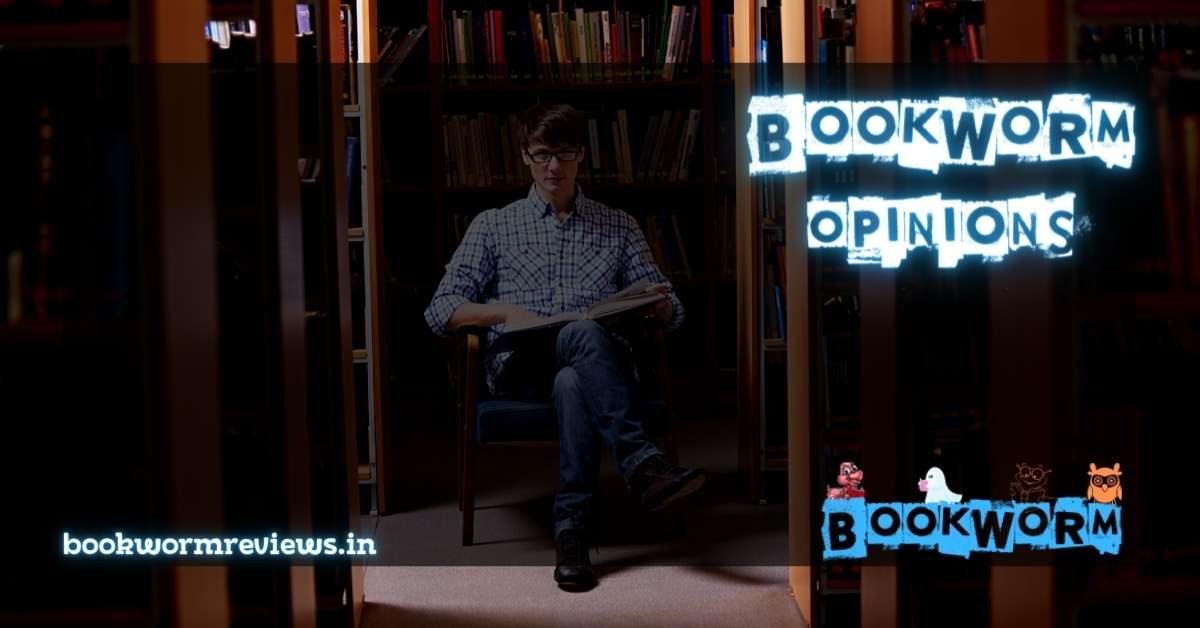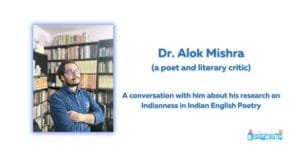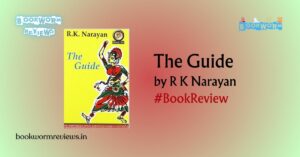I have heard many readers (so-called elite ones), essentially from a literary background, often making wild, loud and abusive claims against so-called contemporary novelists in India who form the so-called commercial circle of fiction in India. Well, within their rights and justifications’ web, both the parties are right and have the legality and liberty to do whatever they are doing. With the same rights, I can also comment on each of the parties involved in this much to show and less-to-do show. So, is it right to criticise an author even before reading the text by him or her? I have to add ‘her’ otherwise I will be blamed for much without meaning any!
However, before we get into the depths of this mess, it has to be made clear from my end that even eulogising a text without reading it or loading heaps of appreciation on any author without critically and completely reading the literature by the same is not only hypocritical but even far more criminal for literature compared to what slandering a person might ever be. Unfortunately, in literature, ingenuine criticism does not travel fast compared to ingenuine appreciation and this is well-known to all those who read and write, regularly or even occasionally.
In the great Indian context, we have been hearing for many decades that Premchand was a great writer. However, except for those who have to read him in the syllabus or those who are regular readers, how many of us care to get a copy of his stories or novels? Seldom. However, Premchand is engraved as a great writer on all of us. You may like or not like it. The state of sadness continues as you cannot even contest something which is in popular opinion. Likewise, Chetan Bhagat may be the biggest bestseller in India and in the world as well but he is a bad writer because elites say so. You have to accept you are reading a bad writer with nothing literary in him. In both cases, literary crime has been committed. However, the one that tells Premchand was a great writer without even reading him is a sinister one compared to the one who says Chetan is a bad writer without reading.
Praising someone or criticising someone for his or her literary productions should only be done on the basis of the merits of a literary work. You have to go through the work, understand it from various perspectives and then only pronounce your opinion and with a marking that it may be your opinion but not a popular judgement that My Lords in India offer every day. At the same time, you have to be responsible for what you say because you are not the Supreme Court of India.
Aravind Adiga and his debut novel The White Tiger may be the gospel of Indian problems for many even without reading the novel and reading other works by Adiga… this is because he has won the Booker Prize. However, even after winning the Nobel Prize for Literature, V. S. Naipaul is not that great and popular and readable… tell me where the logic is?
Readers can make their opinions. Form their judgements in the personal sphere and even advertise it. However, do not try to force your opinions on someone else because that will not be a great service to the very cause of literature. You enjoy or cope with a work of literature in your own personal domain. The collective conscience, in literature, I will say is a farce and it should be abolished. Many of us believe that literature is for the mere purpose of entertainment while many believe that literature has many other things to do. In both cases, assuming something because a collective opinion says so (without scientific inquiry) is not good.
By Samridhi for BookWorm Reviews




